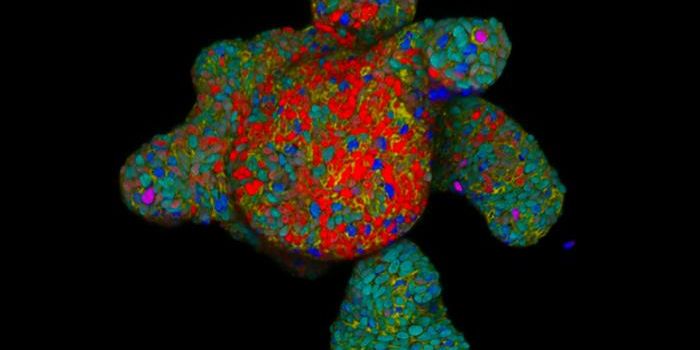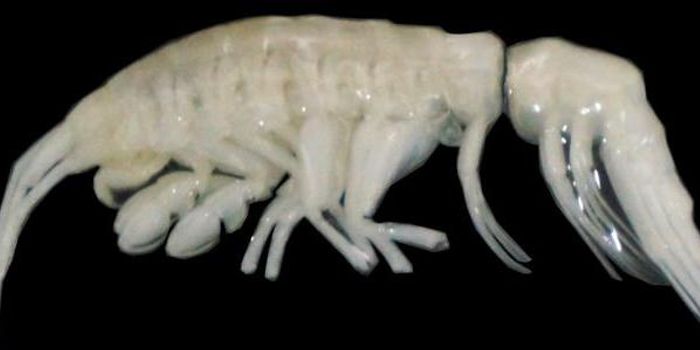In a First, Researchers Edit Cephalopod Genes
Using the CRISPR-Cas9 gene-editing tool, researchers have knocked out a gene in a cephalopod for the first time. The team of scientists from Marine Biological Laboratory (MBL) used a type of squid called Doryteuthis pealeii, and deleted a gene that encodes for pigmentation in the skin and eye cells of the squid. The editing, which was achieved with a high degree of efficiency, has been reported in Current Biology.
"This is a critical first step toward the ability to knock out and knock in genes in cephalopods to address a host of biological questions," said MBL Senior Scientist Joshua Rosenthal.
Squid, octopus, and cuttlefish are cephalopods, and these incredible creatures possess the largest invertebrate brain, can edit their own genes, and can camouflage themselves by altering the color and texture of their skin. These animals could teach us a lot about biology, and by learning more about their physiology, we may open up new avenues in diverse fields like materials science, neurobiology, and artificial intelligence. In order to carry out sophisticated research studies, however, the right tools must be available, one of which is a good way to modify the genome, whether by knocking out a gene or adding a fluorescent tag to its protein.
"CRISPR-Cas9 worked really well in Doryteuthis; it was surprisingly efficient," Rosenthal said.
It was difficult to use CRISPR-Cas9 in squid embryos at the one-cell stage, which are surrounded by a very tough protective layer. The scientists had to engineer tiny scissors so they could cut into the shell, inject the gene-editing reagents into the embryos, then carefully raise them.
The squid used in this study, D. pealeii, is not a very good animal for use in the research lab because it requires a lot of space to house them, and they are difficult to raise over multiple generations, which has never been done successfully in a laboratory.
As such, the researchers are hoping to find a way to apply this technology in a different cephalopod species that is smaller and more suited to laboratory studies, the hummingbird bobtail squid, also called Euprymna berryi.
Sources: AAAS/Eurekalert! via Marine Biological Laboratory, Current Biology










